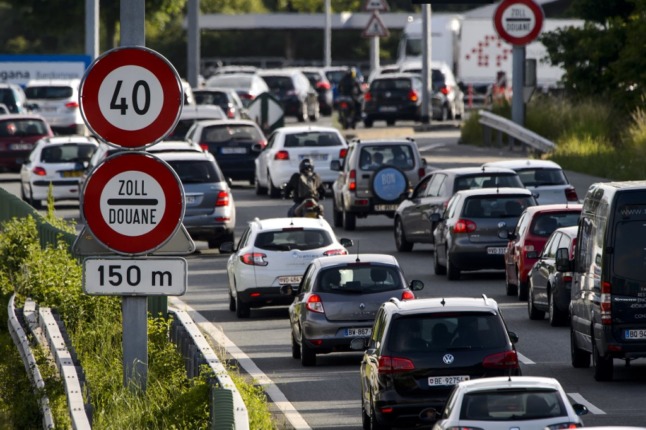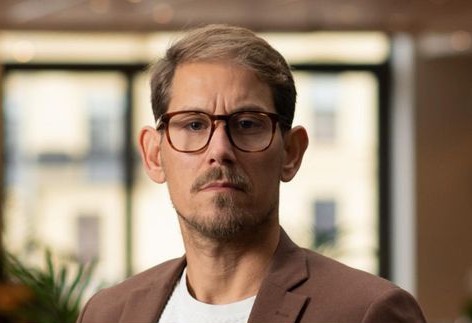When Switzerland called off its years-long negotiations with the European Union on May 26th, it might have jeopardised some areas of its relations with Brussels.
While it is not yet clear what the repercussions of Switzerland’s move will be, they could potentially impact various sectors of the country’s economy, exports, as well as continued cooperation in the areas of trade, education and research.
Also, an estimated 1.4 million EU citizens live and work in Switzerland, including 340,000 frontier workers who are employed in various industries in border cantons, so Swiss labour market could be affected as well.
READ MORE: EXPLAINED: Why did Switzerland call off EU talks and what are the consequences?
Swiss authorities have repeatedly stressed that these employees are essential for the country’s economy — so much so, that during the six-week-long border closure at the height of the coronavirus pandemic in the spring of 2020, cross-border workers were among very few groups allowed to enter Switzerland.
These people are allowed to work in Switzerland based on the Free Movement of Persons Agreement, one of 120 pacts that govern the country’s relations with the surrounding bloc.
In fact, this very agreement has been at the centre of the disputes between Bern and Brussels, driven by divergent interpretation of the pact, according to Swiss Foreign Minister Ignazio Cassis.
“For Switzerland, it is essentially about the free movement of employees and their families. For the EU it is about the free movement of all citizens of the European Union”, he said.
READ MORE: Why freedom of movement a ‘sticking point’ in Swiss-EU talks
Now border cantons fear that the decision to abandon the bilateral talks will have repercussions on their ability to employ G-permit holders, that is, frontier workers.
“Breaking off the negotiations is really problematic for us”, Serge dal Busco, the vice-president of the Geneva government said in an interview with Swiss media.
The canton employs over 120,000 workers from neighbouring French regions; some 60 percent of all employees at the Geneva University Hospitals come from France.
He noted that while Switzerland’s decision doesn’t have an immediate impact on the employment of G-permit holders, “there are fears for the long term”.
For Beat Jans, the district president for Basel-City, which straddles French and German borders and employs about 70,000 workers from both countries, Switzerland’s move “is a low point in Swiss foreign policy”.
“If we want to implement transport projects, for example, then we have to be sure that the connections across borders are financed”, he pointed out.
But given the lack of framework agreement with the EU, “all such projects will be much more difficult to realise “, Jans added.
In Ticino, which employs over 67,000 workers from Italy, the uncertainty caused by the failure of the negotiations is worrisome, according to Manuele Bertoli, head of the cantonal government.
He said there is a possibility that Ticino businesses will migrate to nearby Italian regions, as they would have “fewer bureaucratic obstacles” there, especially related to hiring staff.
This means, in effect, that those living in Italian border areas would no longer be able to work in Switzerland and earn a higher salary than in Italy.



 Please whitelist us to continue reading.
Please whitelist us to continue reading.
Member comments